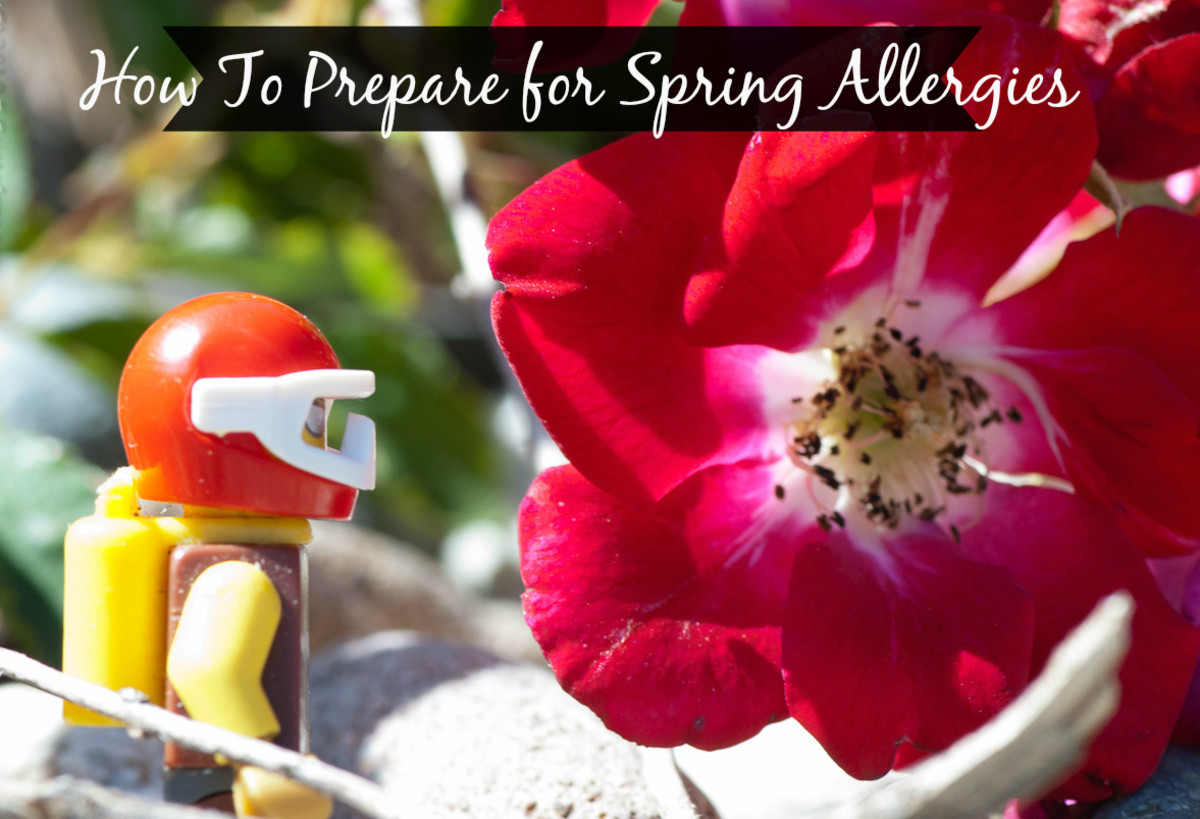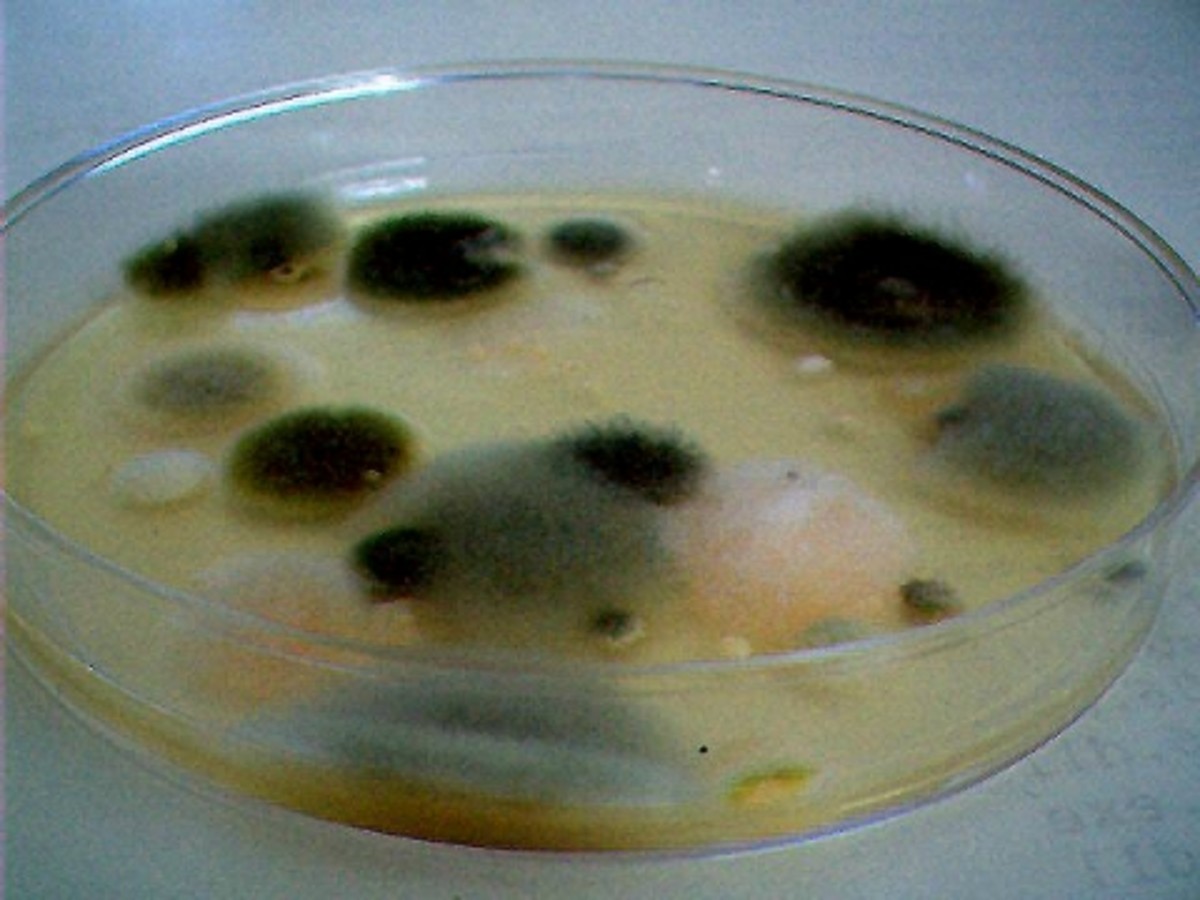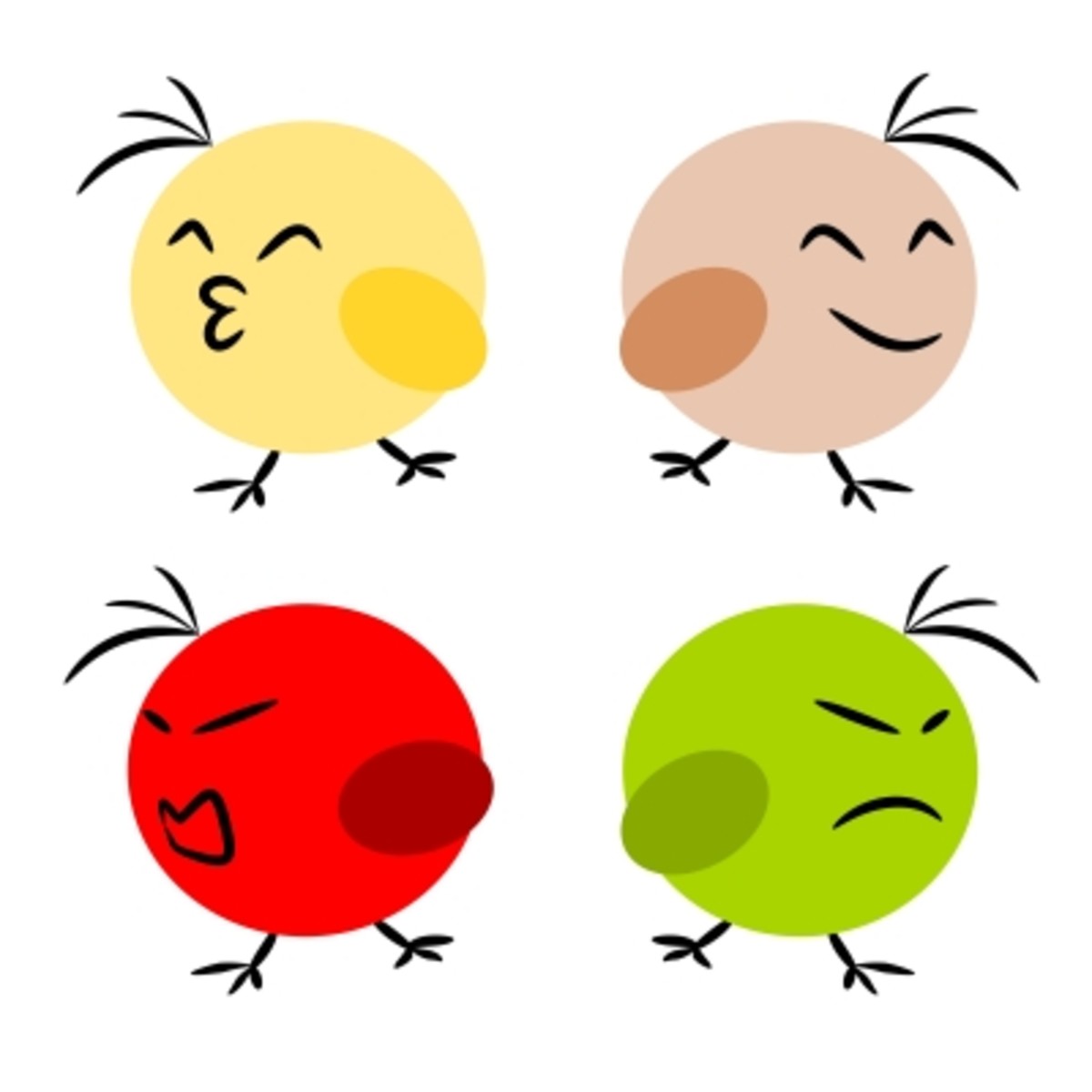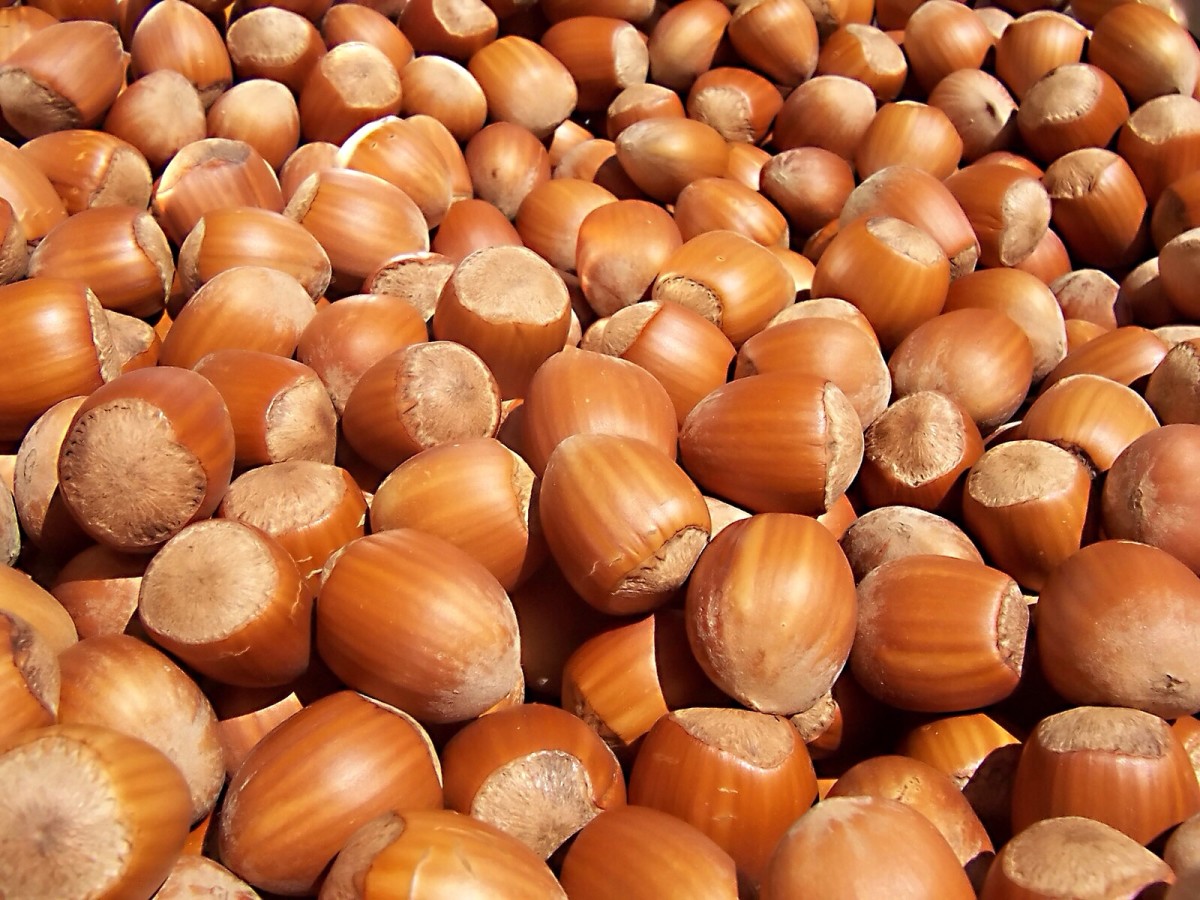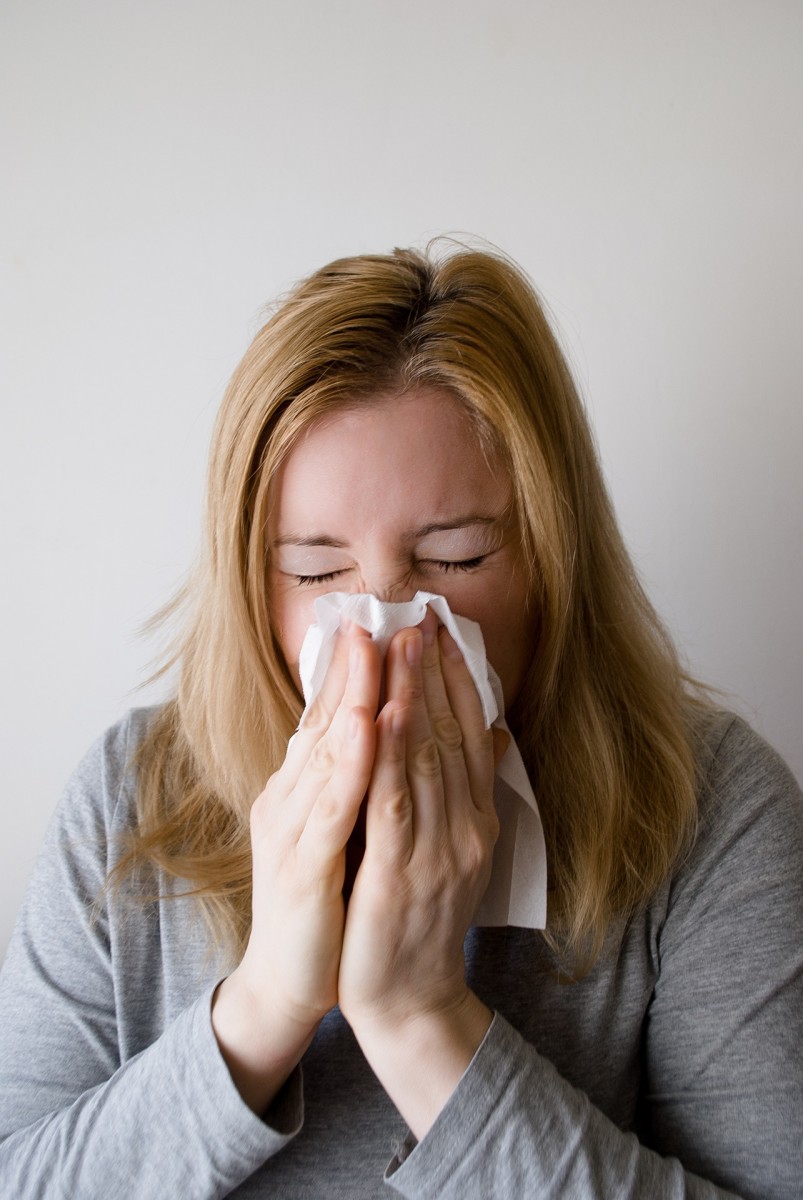Spring Allergies: Symptoms, Management and Treatment
Reaching too often to that box of tissues is a sign of allergies
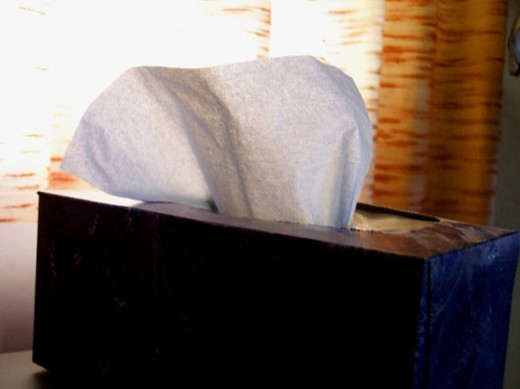
Symptoms of Hay Fever
Spring: the flowers are blooming, the birds are chirping and the noses start itching. There is no better way to depict a spring allergy than witnessing one in first person. A spring allergy often may resemble a cold, but unlike a cold it will not go away within one week, rather it will stick around until spring is probably over. Indeed, spring allergies are correlated to spring, due to the fact, that many trees release their pollen at this time of the year, causing a variety of annoying symptoms.
Spring allergies, often referred to as ''hay fever'' cause some distinct and characteristic symptoms in the unfortunate bearer. The most common symptoms are itchy, red blood shot eyes (allergic conjunctivitis) runny and itchy nose (allergic rhinitis), stuffed sinuses, headaches, sneezing and sometimes wheezing. In severe allergies, some people may also have asthma attacks.
The distinguishing feature of spring allergies is that they are seasonal. In other words, they only present at a certain time of the year and in this case only when it is spring. The allergy may last weeks or months and it likely coincides with the time frame the pollen or weeds are at their peek production. Then once, these triggers stop being produced, the allergy symptoms start to subside, only to come back the next year.
How to Prevent Worsening Symptoms of Spring Allergies
The symptoms of spring allergies tend to get worse when susceptible people are exposed to the airborne pollens. Avoiding these airborne particles is easier said than done. These fine particles are invisible yet, they easily make their way up the airways creating the too familiar allergy symptoms.
- Avoid Peak Pollen Hours
Symptoms of seasonal allergy suffers therefore tend to worsen when the release of pollen is at its peak. Usually the levels of pollen are higher during the morning hours, generally between 5 am to 10 am. It is good practice to avoid going out and exercising during these times.
- Seal Yourself Shut
It is good practice for allergy sufferers to keep windows and doors closed to minimize the amount of pollen inside.If you feel the need to open windows, turning on the A/C (make sure to have good filters) may be a better choice. Same applies to driving, keeping the windows closed, will prevent large amounts of pollen to make it in the car and enter the airways.
- Know the Bad Days
Allergy symptoms may also be more severe on dry, windy days. Indeed, these are the days when pollen travels the best in the air making it more likely to fertilize nearby trees. Damp, humid and rainy days instead keeps pollen closer to the ground and less likely to travel about.
While spring allergies sound a lot like bad news, the good news is that they can be kept under control. There are many over the counter medications that will help provide relief and if they are not strong enough, prescription medications may do the job. Air purifiers may also provide relief. Then, sooner than later, the allergy will go away only to return next year. But by that time, many steps could be taken to minimize the symptoms of this annoying condition.


